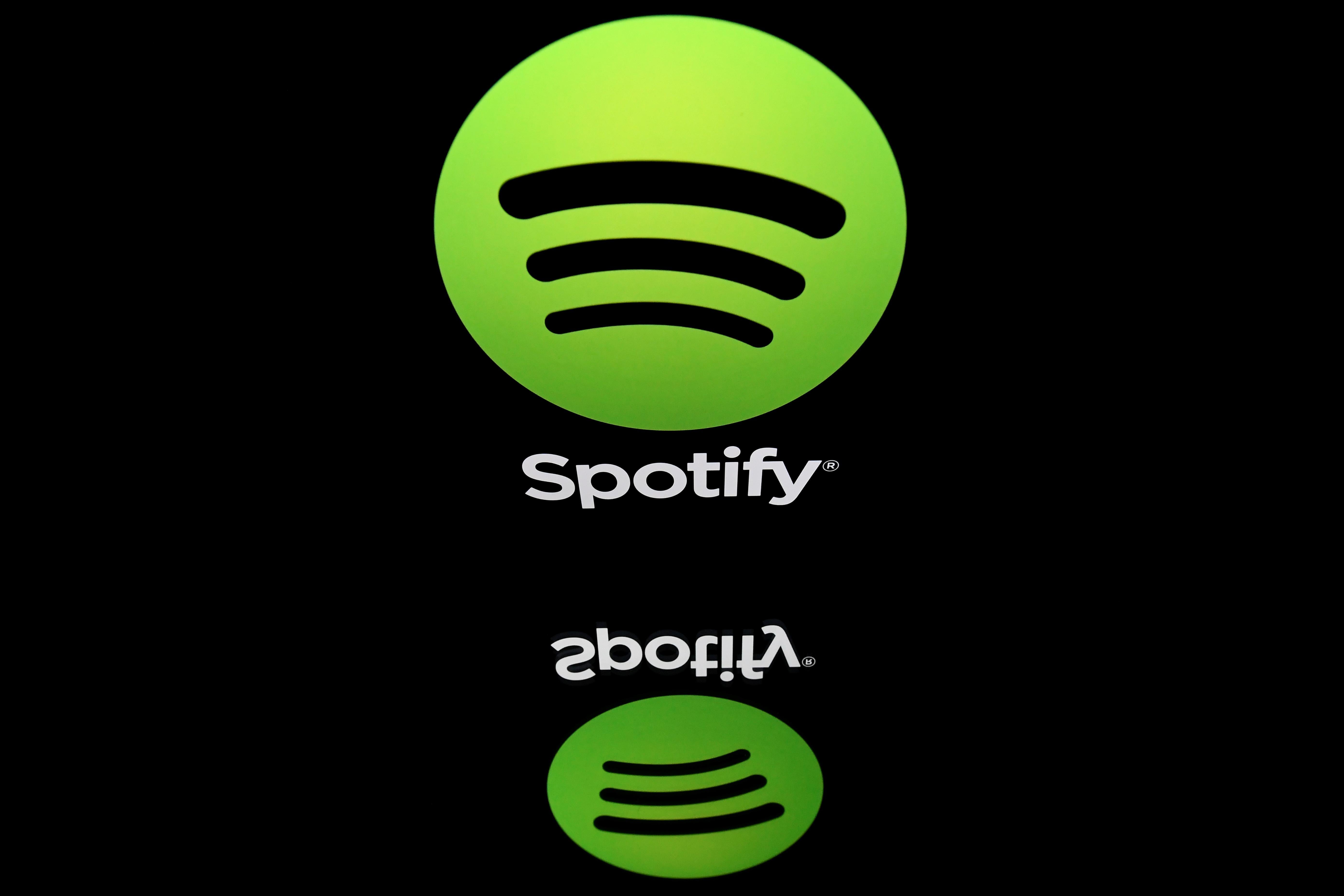Sen. Elizabeth Warren can welcome an unlikely new passenger to her anti-monopoly starship: Spotify. The music-streaming service shared that it filed an antitrust complaint against Apple with the European Commission on Wednesday, claiming that the App Store gives Apple an unfair advantage over its competition—in this case because it takes a 30 percent cut of any Spotify subscription that users pay for through Apple. One of Spotify’s main competitors is Apple Music, which doesn’t have to pay such a toll to the company that owns it. But Spotify is reliant on Apple’s App Store, since millions of its users access the Spotify app on iPhones. Apple’s fee for in-app purchases, according to Spotify CEO Daniel Ek, “would force us to artificially inflate the price of our Premium membership well above the price of Apple Music. And to keep our price competitive for our customers, that isn’t something we can do.” To drive the point home, the Swedish company launched an advocacy website, timetoplayfair.com, where concerned Spotify users can learn more about the streaming giant’s gripes.
Beyond the fees, Spotify also alleges that in some cases, Apple has restricted how Spotify can share promotions, like not allowing Spotify to email customers who are Apple users. If Spotify’s claims lead to an investigation that finds that Apple is indeed unfairly controlling its platform in a way that stifles competition, the company may face fines and be forced to end any anti-competitive practices. This is somewhat similar to what happened with Google’s Android last year, when European Union regulators imposed a record $5 billion fine on the company for violating its antitrust rules by, among other complaints, essentially requiring Android device-makers to pre-install Chrome and Google apps, thus putting other search engines at an unfair disadvantage. Apple could be seen as disadvantaging competitors by forcing them into Apple’s payments system and then charging high fees on transactions.
Everything Spotify is arguing here is fair—it is a problem that the world’s largest tech companies are also able to operate services on their own platforms. But it’s also pretty rich. Just days before filing its European Commission complaint, Spotify published a blog post explaining why it was appealing a decision by the U.S. Copyright Royalty Board to raise the rates music-streaming services must pay songwriters and music publishers. Google, Amazon, and Pandora are also appealing. Apple is not, but if the others win, Apple will benefit from lower rates.
Currently, Spotify pays somewhere between $0.004 and $0.0084 per play to whoever holds the music rights to a song, which is usually some mix of record labels, artists, songwriters, and producers. These fractions of pennies won’t really pay any bills unless you’re roping in hundreds of thousands of streams a month. The federal Copyright Royalty Board ruled at the end of January that over the course of five years, royalty rates paid to artists and publishers will increase from 10.5 percent to 15.1 percent of revenue generated by the creative work. Spotify says that the reasoning behind the rate increase is flawed and will make it harder for Spotify to offer bundled services, like the bundle it announced earlier this week that gives a free Hulu subscription to Spotify Premium members. Spotify explained in its post that while it understands that everyone would wants a bigger piece of the pie, “that cannot come at the expense of continuing to grow the industry via streaming.” Translation: us first.
While not every professional recording artist offers songs on Spotify, the vast majority of them do, reasoning—as Spotify does with the App Store—that the popular platform is where the audience is. And they do it despite often-paltry earnings. That may come down to the tiny royalty for music streams, and it may come down to artists’ deals with their record labels (as the recent case of hip-hop group De La Soul and Tommy Boy Records illustrated). Perhaps it takes a critic like Spotify, another platform that arguably acts as an unfair gatekeeper, to highlight unfairness in Apple’s gatekeeping. It’s the companies that depend on Apple and are big enough to truly compete with it that are best positioned to critique it, since they have so much to lose if it abuses its power. But right now, Spotify’s position is that it would like to keep more money from subscriptions while denying more of it to artists. It’s too bad that this nascent critic of Apple’s power hasn’t spent much time examining its own.
